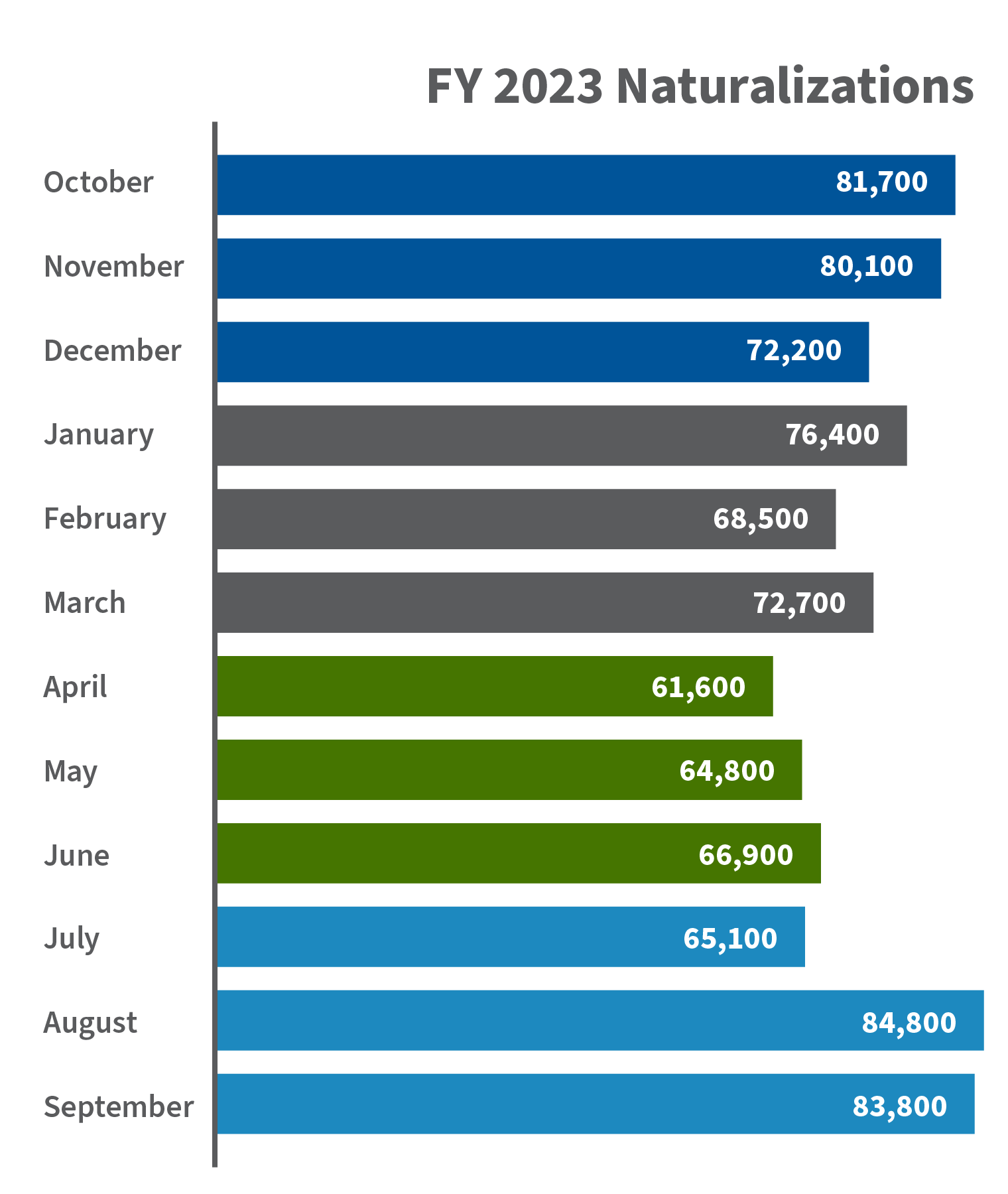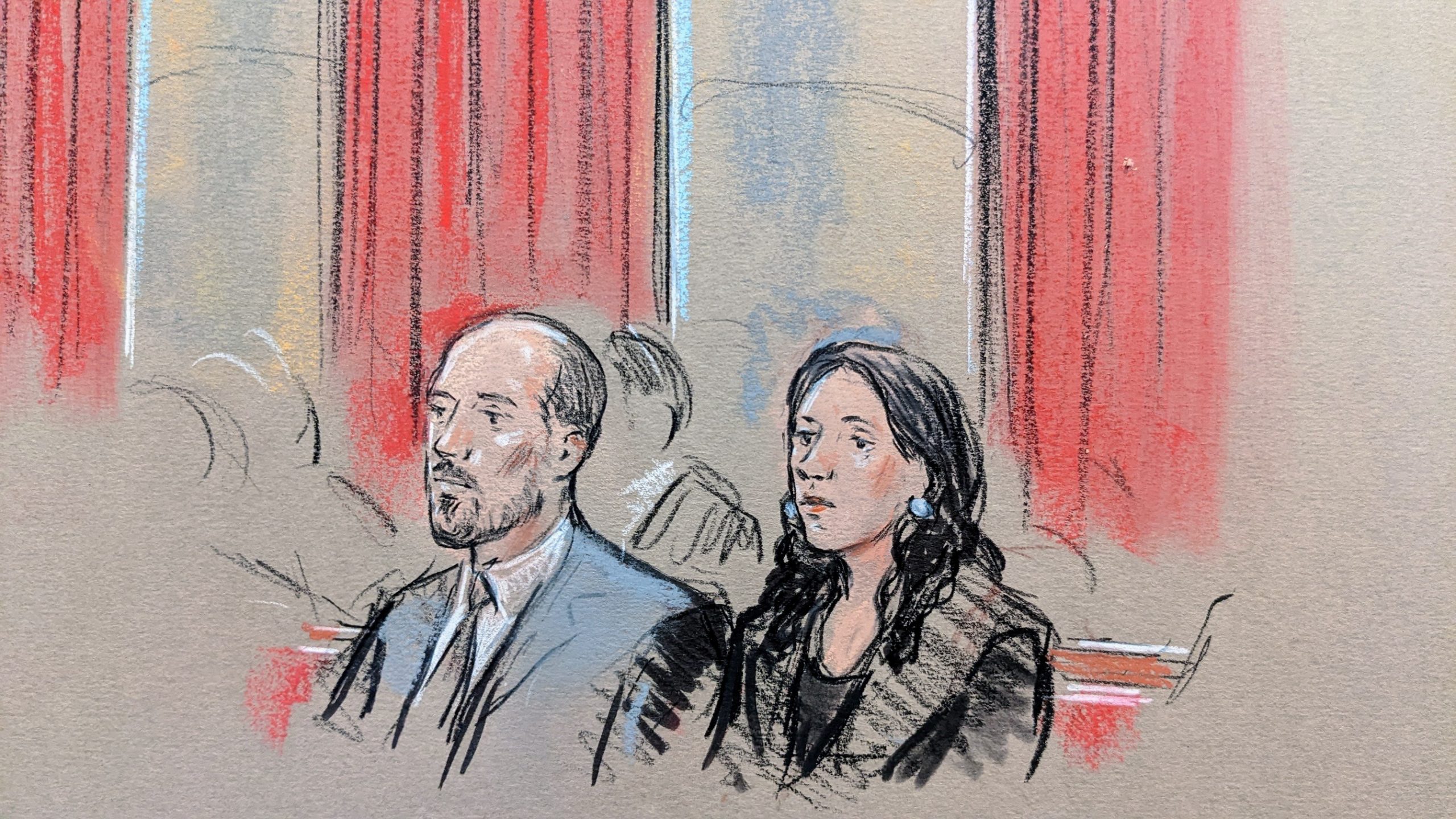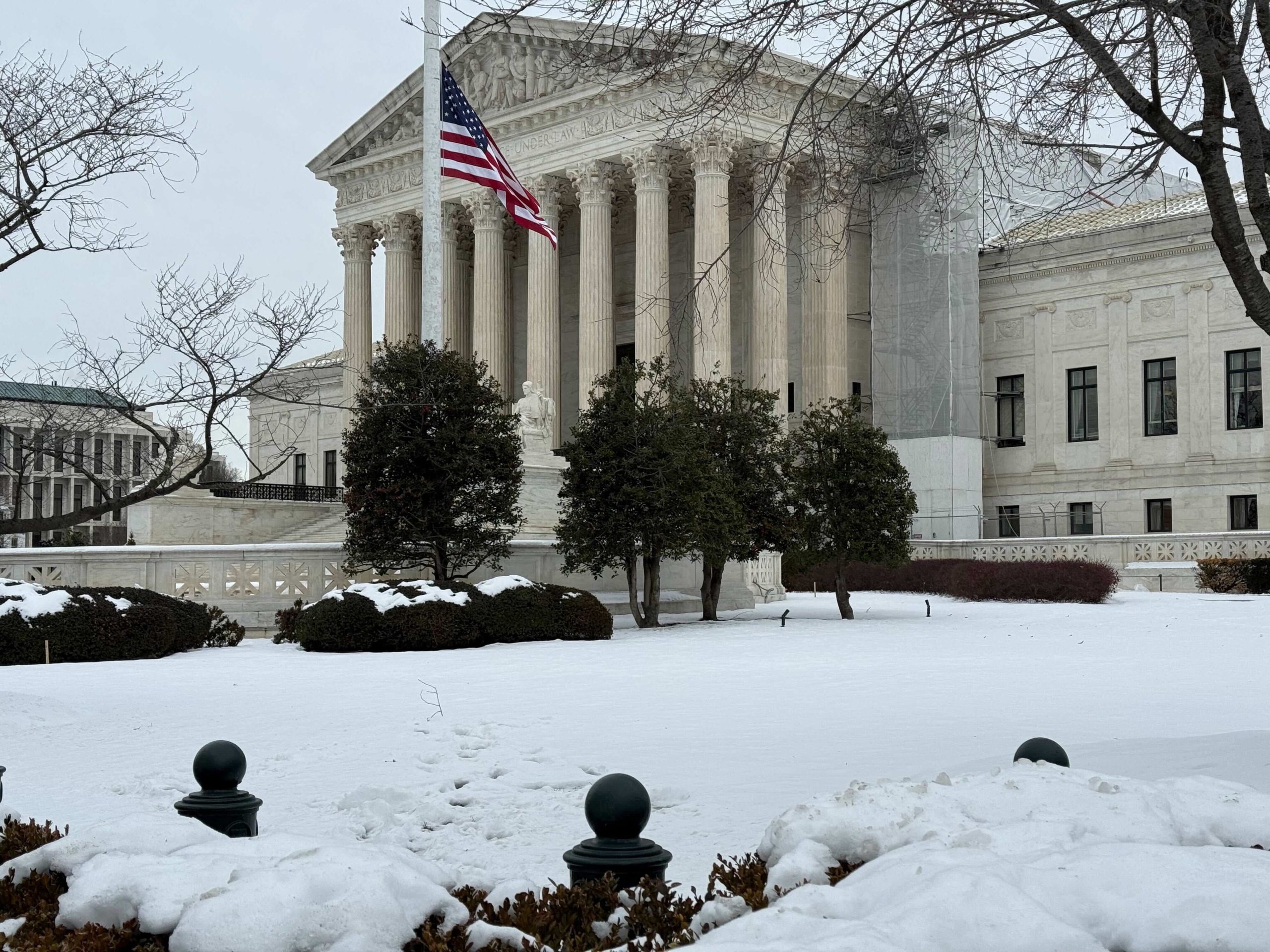Justices decline to intervene in Michigan redistricting dispute
EMERGENCY DOCKET
on Jan 22, 2024
at 4:32 pm
The Supreme Court on Monday declined to intervene in a battle over race and redistricting in Michigan. In a brief unsigned order, the justices denied a request by the state’s independent redistricting commission to put on hold a lower court’s ruling that requires it to redraw state legislative maps for the Detroit area because the original maps relied too heavily on race.
There were no recorded dissents from the court’s ruling.
The dispute came to the Supreme Court after the state’s independent redistricting commission – a mix of randomly selected Democrats, Republicans, and independents – submitted a new redistricting plan that reduced the number of majority-Black state legislative districts in the Detroit area. The region went from two majority-Black senate districts under the old plan to none, and from 10 majority-Black House districts to six.
In March 2022, a group of 19 Black Detroit residents filed lawsuit challenging seven of the state senate districts and 10 house districts with black voting-age populations below 50%, arguing that they violate the Constitution and the federal Voting Rights Act.
A three-judge federal district court largely ruled in the residents’ favor, concluding that the commission had relied primarily on race to draw several of the Detroit-area districts. The court rejected the commission’s explanation that creating districts with larger Black voting-age populations would itself violate the Voting Rights Act because it would “pack” the Black voters into those districts, reducing their influence elsewhere. Although the Supreme Court in 1986 acknowledged that such a claim might be possible, the court explained, the justices have never actually found a violation of the act based on packing. And contrary to its rationale, the court continued, the commission did not necessarily have good reason to believe that Black voters would in fact be able to elect the candidates of their choice in the districts that they created with Black voting-age populations ranging from 35 to 45%.
The court barred the state from holding elections using the map drawn by the commission and on Jan. 11 ordered the commission to submit new plans by Feb. 2, with the goal of approving a new plan by late March.
The commission appealed to the Supreme Court earlier this month, asking the justices to put the lower court’s ruling and new redistricting efforts on hold. Defending its map, the commission said that it had done everything necessary to ensure that it complied with the Voting Rights Act. If the lower court’s decision is allowed to stand, it contended, “it would mean no one in the United States today has any clue what” compliance with the Voting Rights Act involves. And with the primary elections for the Michigan House looming in August 2024, the commission continued, the process of drawing new plans “is likely to upend state-law deadlines to accommodate its campaign for new Detroit districts.”
Michigan Secretary of State Jocelyn Benson did not weigh in on whether the maps drawn by the commission violate the Constitution or the Voting Rights Act. But she expressed concern about “the orderly administration of the August 2024 primary election,” and she urged the justices to put the lower court’s order on hold to the extent it would require her to put new districts in place in time for that election.
The residents told the justices that they should not intervene in the lower court proceedings – which, the residents wrote, “seek to correct one of the most egregious racial gerrymanders in recent history.”
The justices’ order on Monday granted the residents’ plea to stay out of the case, clearing the way for proceedings to continue in the lower court.
This article was originally published at Howe on the Court.






